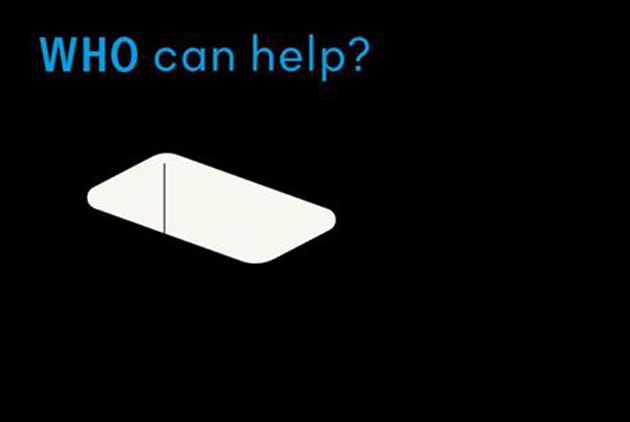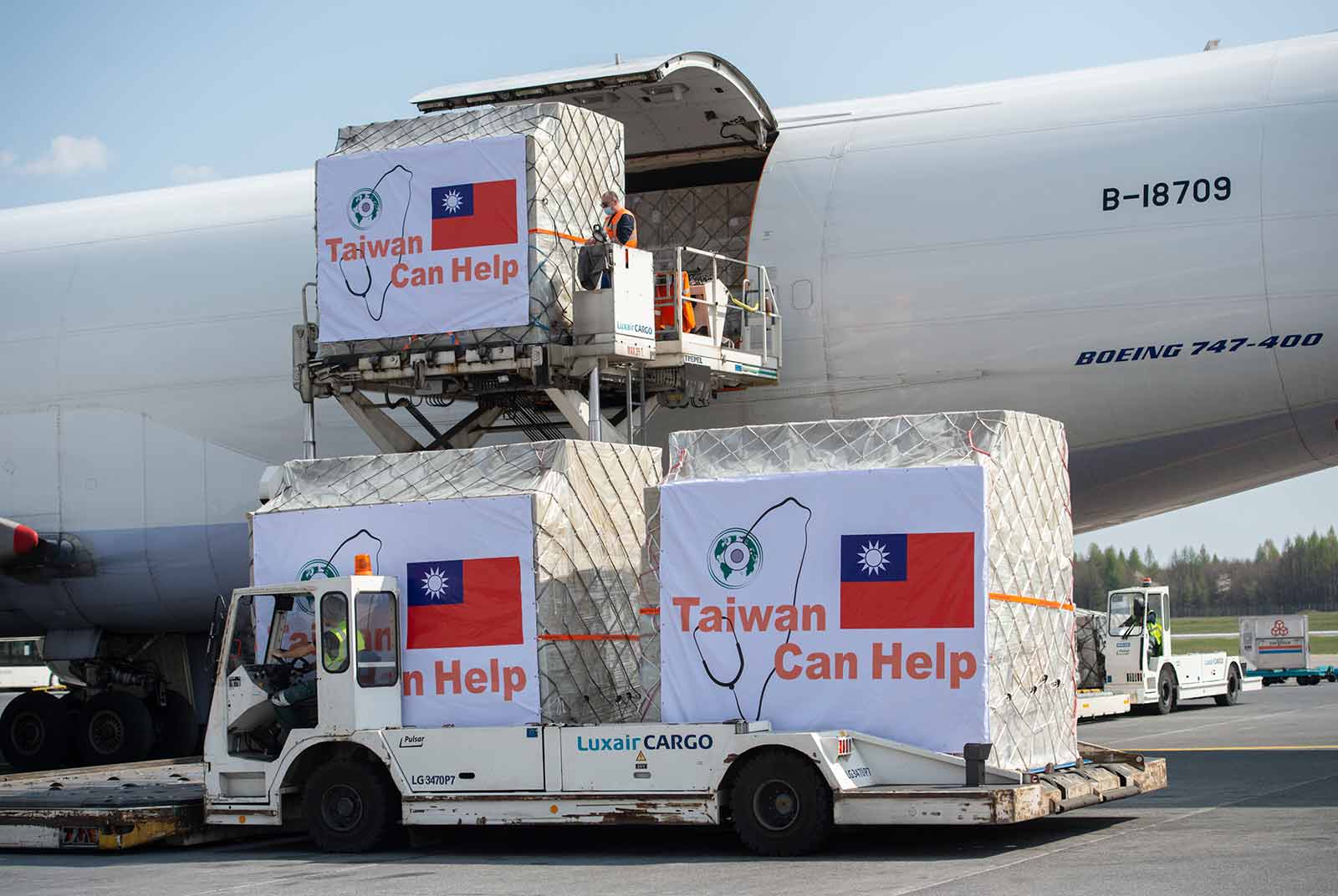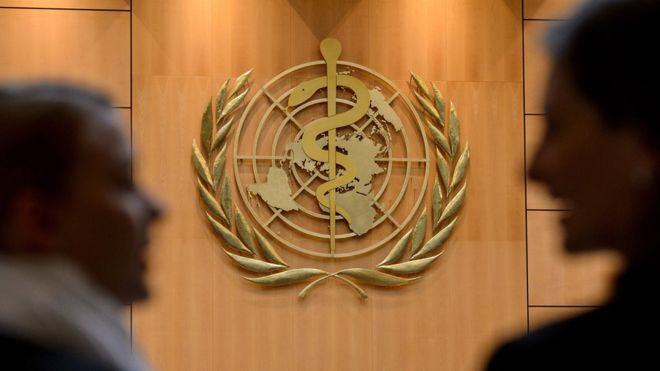#TaiwanCanHelp Needs Help

Source:Yung-Chen Nieh's FaceBook
Taiwan is riding a wave of goodwill in response to its successful management of the COVID-19. Yet Taiwan has utterly failed to capitalise on its enviable position...
Views
#TaiwanCanHelp Needs Help
By Carl Thelinweb only
Taiwan is riding a wave of international acknowledgement and goodwill in response to its successful management of the COVID-19 pandemic. With only 7 deaths and fewer than 800 infections to date, the vast majority of which were imported, in a population of 24 million, Taiwan has a stellar record, resulting in much international interest in “the Taiwan model.”
Yet Taiwan has utterly failed to capitalise on its enviable position.
Taiwan has utterly failed to capitalise on its enviable position.
It is still a pariah state, with official diplomatic relations with just 15 countries, and is not a member of the United Nations or most other international bodies, including the World Health Organization, and the related World Health Assembly.
Taiwan continues to be barely a blip on the consciousness of most citizens of other countries, easily confused with Thailand and not attached in the popular imagination to widely recognised brands (like South Korea’s Samsung) or tourist sights (Cambodia’s Angkor Wat).
Which countries responded best to #COVID19? @DrTomFrieden, ex-director of @CDCGov🇺🇸, answers the question in an enlightening @WSJ piece. #Taiwan🇹🇼 earns accolades from the good doctor for its early actions that saved lives & avoided lockdowns.
— 外交部 Ministry of Foreign Affairs, ROC (Taiwan) 🇹🇼 (@MOFA_Taiwan) January 5, 2021
Learn more➡️https://t.co/n1mcIcTnvH pic.twitter.com/hn58VQOhDP
On April 1, 2020, Taiwan’s Ministry of Foreign Affairs announced that it would be donating 10 million masks worldwide, to help other countries in their struggle to contain COVID-19. By August the number of masks donated had risen to over 50 million. However, MOFA, and other state entities involved in international PR on behalf of Taiwan’s government, have been strangely inactive about promoting these donations or other aspects of Taiwan’s triumphant efforts at COVID control. MOFA even had at their disposal a perfect existing hashtag, #TaiwanCanHelp, which they created a few years ago for Twitter and Instagram posts.
 (Source: Official website of the European Union)
(Source: Official website of the European Union)
But apart from tagging the occasional post with it, they haven’t exploited the PR potential of either the mask donations or this well matched hashtag. The biggest effort to promote the mask donations was a private, grassroots campaign, which initially sought to raise money for a well-received full-page ad in the New York Times, using this hashtag and promoting Taiwan’s effective response and its willingness to share masks and expertise with the rest of the world. When their online fund-raising efforts generated nearly 3 times the money needed for that ad, they pledged to spend the excess on a social media campaign and further mask donation efforts.
But there was little follow-through. At the end of April, this private #TaiwanCanHelp campaign released a 30 minute instructional video featuring Vice President Chen Chien-Jen, on Taiwan’s plan for keeping COVID under control. On their taiwancanhelp.us website, there is a timeline contrasting Taiwan’s prompt and effective response to the pandemic, with the WHO’s slower, more dithering handling of it. That timeline has not been updated since the end of April, and I have not found any evidence of further activity since.
 (Source: Shutterstock)
(Source: Shutterstock)
The groundswell that propelled #TaiwanCanHelp should have been ripe for exploitation by savvy state entities seeking to further Taiwan’s international agenda. Yet apart from a few measly instagram and twitter posts with the hashtag seemingly added as an afterthought, and inserting it in the recent New Years fireworks and light shows in Taipei and Kaohsiung, the only effort I have found by any part of the Taiwan government to build on the #TaiwanCanHelp momentum is one paltry article in poorly written and badly edited English, published on the Ministry of Health and Welfare website on May 13, 2020, entitled, “Taiwan Can Help, and Taiwan is Helping!”
Despite its drawbacks, this feeble article correctly identifies what should be the primary short-term focus of a successful #TaiwanCanHelp PR campaign: Taiwan’s readmission with observer status to the World Health Assembly.
This should be a realistic target. Taiwan held observer status in this body from 2008 to 2016, when China blocked its continuing participation after the election of Tsai Ing-wen. Much has been made of the WHA’s parent organization WHO’s supposed fealty to China in light of China’s ever increasing contributions to that body’s operating budget. However, even after Trump’s much-publicised withdrawal of US membership from the WHO, The US still contributes more than 10 times what China does to the WHO’s overall budget. China’s contributions come with strings attached, which is how it was able to bar Taiwan in the first place.
This morning I spoke with Minister Chen of Taiwan regarding the #COVID19 outbreak. I thanked him for Taiwan’s efforts to share their best practices and resources with the U.S.
— Secretary Alex Azar (@SecAzar) April 27, 2020
Now, more than ever, global health partnership is crucial and I appreciate Taiwan’s contributions. pic.twitter.com/SZQ3u8Jgrr
If the US counters by demanding that Taiwan be allowed to return to the WHA, and making that a condition of any further funding, the WHO will very quickly come around to seeing the error of its ways and welcoming Taiwan back into the fold. For that to happen, there must be increased effort on making Taiwan’s case in the US media as well as via backchannel diplomatic negotiations with the US government.
I urge Taiwan’s government to do so while this window of COVID goodwill is still open. If and when readmission to the WHA happens, Taiwan will be in a better position to focus on other aspects of its international agenda.
About the author:

Carl Thelin is director, cinematographer, film critic, innkeeper, and restorer of old buildings. He was born in Changhua, Taiwan, the son of two Tunghai University professors, both American, and spent most of his formative years in Taichung. As an adult he spent time in London, Slovakia, Honolulu, San Francisco, and eventually China. He has shot documentary content for the BBC, Nat Geo, Discovery, Channel 4, CNBC, and the German network ARD. He relocated to Kaohsiung with his Taiwanese wife so she could open a restaurant in the home she grew up in. In the process, they discovered a love of restoring old buildings together, and have since restored an old Japanese era home which they now operate as a guest house.
Have you read?
♦ Taiwan’s Impressive Response to COVID-19: A Personal View
♦ Taiwan needs to build a brand image beyond COVID-19
♦ Taipei's Survival Story: Our Battle Against COVID-19
Uploaded by Penny Chiang






